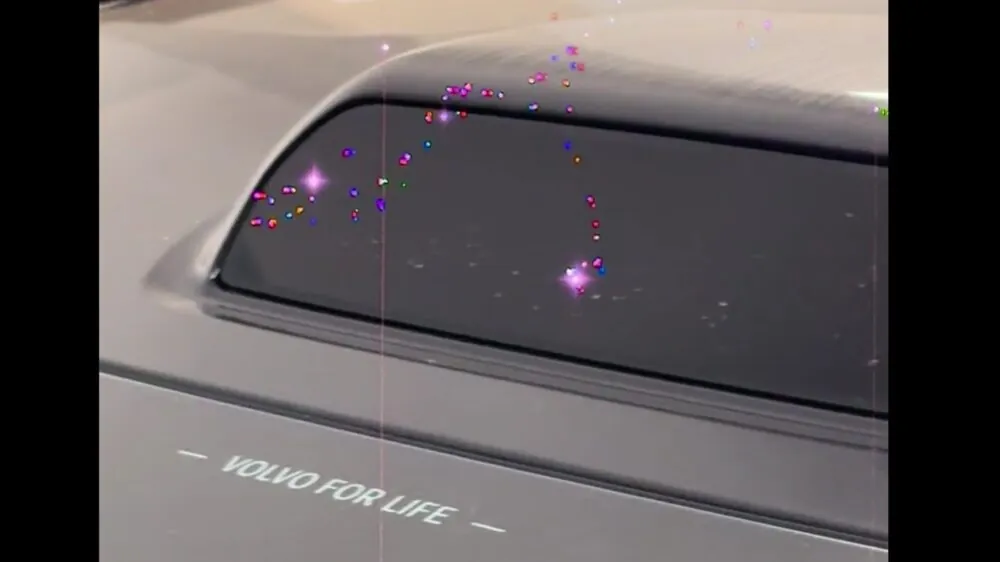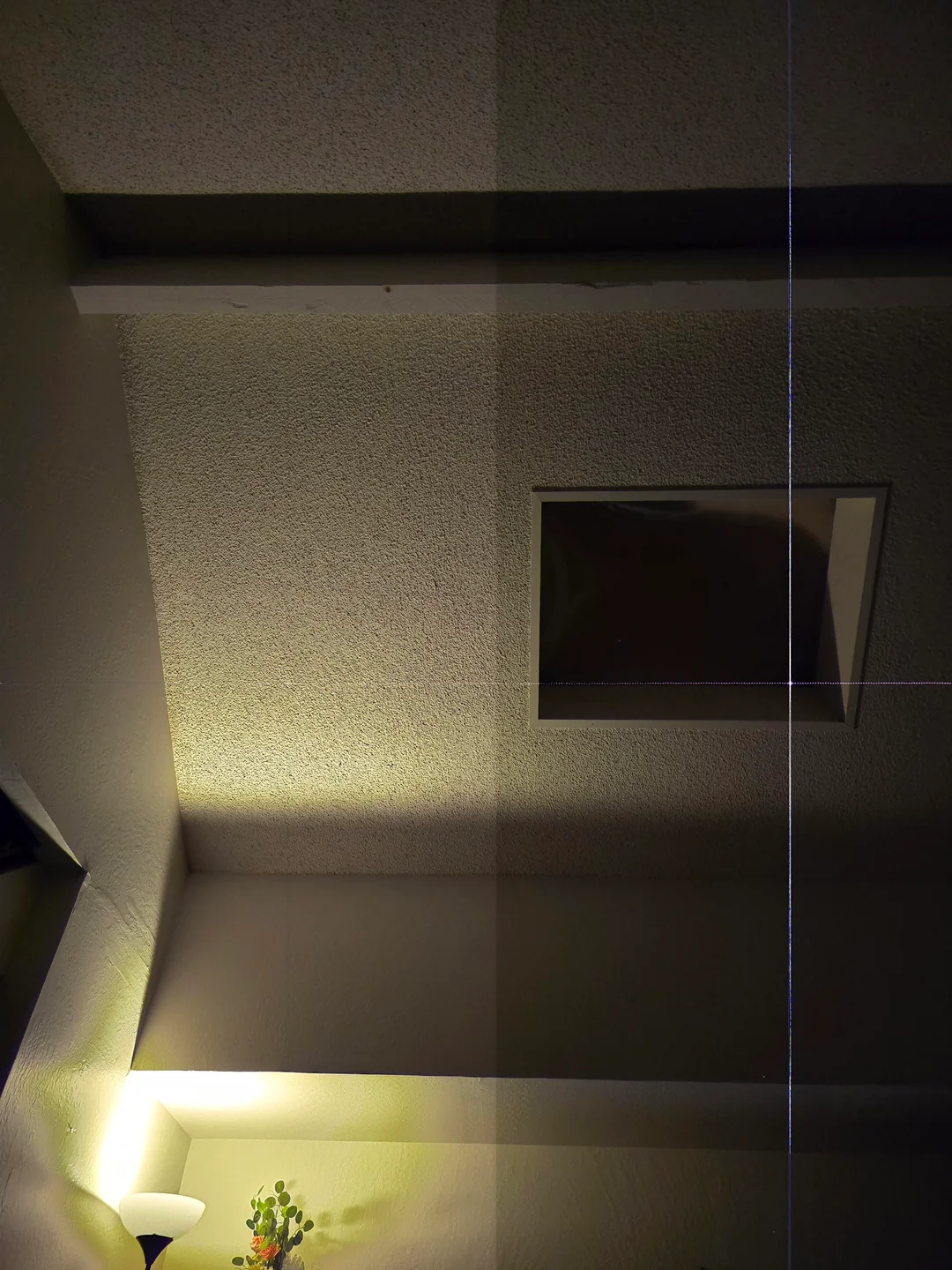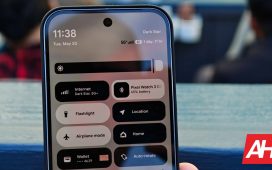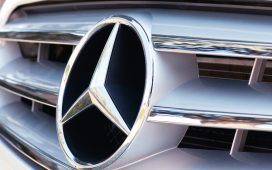
We’ve all seen them: dazzling laser light shows, or perhaps caught a glimpse of those advanced LiDAR sensors on newer cars. They look cool, but here’s a crucial heads-up: lasers can damage your phone’s camera. Yes, that amazing piece of tech you use to capture every moment is surprisingly vulnerable to concentrated beams of light.
Without a doubt, our phones have gotten tougher over the years, now boasting better waterproofing and more durable screens. However, there’s a different kind of threat for which there may be no effective protection. It turns out that even lasers that are deemed “eye-safe” for humans can still be incredibly harmful to the delicate sensors inside your smartphone camera.
So, why lasers damage our phone’s camera?
Think of your phone’s camera sensor as a tiny, super-sensitive grid of light detectors. When a laser beam, which is incredibly concentrated and powerful even at low intensities, hits these individual pixels, it essentially overloads them. This intense burst of energy can literally “fry” the pixels, causing them to stop working permanently. The result? Dark spots, lines, or discolored areas that ruin your photos and videos forever.
This isn’t just theoretical. There have been reports, like a Reddit user sharing how a Volvo EX90’s roof-mounted LiDAR sensor damaged their phone camera, leaving visible fried pixels. Volvo even issued a warning against pointing cameras directly at its LiDAR.

Similarly, a Samsung Galaxy S24 Ultra user reported damage to their main lens after attending a light show with lasers.

Laser-based technology is growing
What makes this especially relevant now is the increasing prevalence of laser-based technology. Beyond the classic light shows, LiDAR sensors, which are laser-based, are popping up in more modern cars for advanced navigation and safety features. While they’re generally safe for human eyes, their continuous scanning can pose a risk to camera sensors if directly exposed.
The bottom line? Be mindful of where you’re pointing your phone. If you’re at a concert, a light show, or even just around a vehicle equipped with visible LiDAR, it’s a good idea to keep your phone camera out of the direct path of those laser beams. A moment of caution can save you from permanent damage to your beloved device.
The post Your Phone Camera vs. Lasers: A Hidden Danger You Need to Know About appeared first on Android Headlines.










